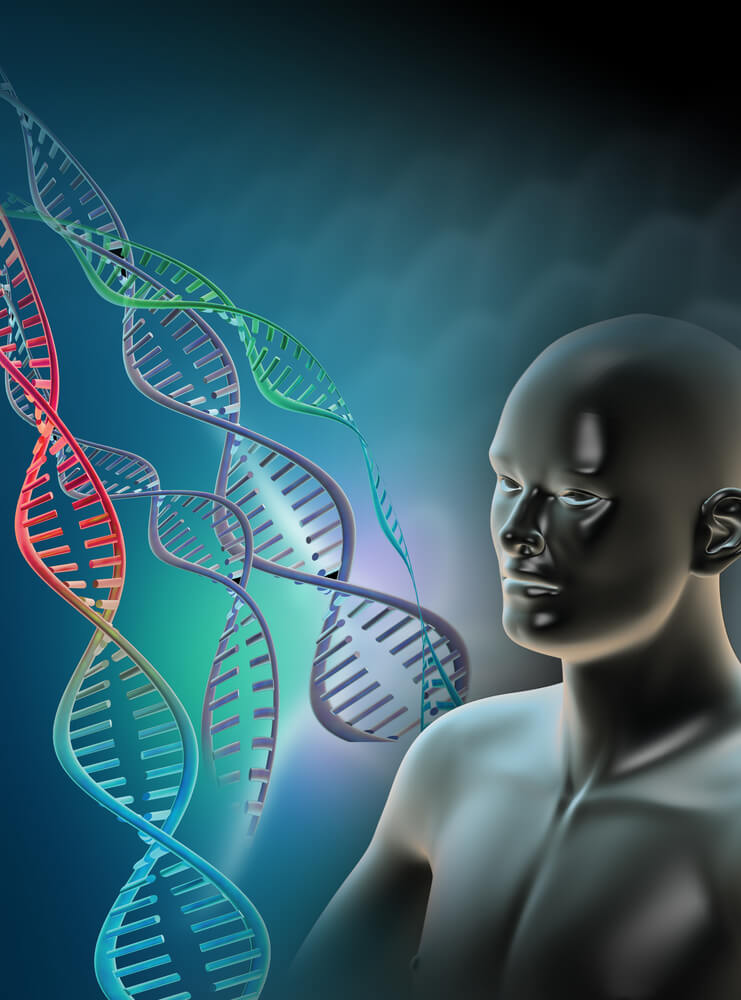Tiny particles based on stem cells are used as a "guided nanometer missile" for the treatment of cancer; In one injection - the researchers were able to inhibit prostate cancer growth by 80%; The Technion registered a patent for the development

Tiny particles based on stem cells are used as a "guided nanometer missile" for the treatment of cancer; In one injection - the researchers were able to inhibit prostate cancer growth by 80%; The Technion registered a patent for the development
Technion researchers have developed a revolutionary method for transporting drugs in a nanometer way - directly to the cancer tumor. This is what the scientific journal Nano Letters reveals, which emphasizes that with one injection, the researchers were able to slow the growth of prostate cancer by 80%.
The researchers in the laboratory of Professor Marcel Mahloof in the Faculty of Biotechnology and Food Engineering, used tiny particles based on stem cells, as a "guided nanometer missile" for the treatment of cancer. The cells do not provoke the resistance of the immune system, so they can be used in another person and not necessarily in the person from whom the stem cells were taken. "The ultimate goal in cancer treatment is a selective attack on cancer cells," explains Professor Mahlouf. "We have developed a natural system for transport directly to the cancer tumor. In the article we report on drug transport, but the system can also transport contrast agents to improve imaging or genetic material. The system is based on a membrane of stem cells that identify the cancerous tumor very quickly and with high resolution, and target it."
The researchers developed a method in which the mesenchymal cell can be emptied of its contents, while maintaining the integrity of its membrane (just as children empty an egg of its contents and leave only its shell). After the cell is empty, the researchers fill it with the drug and reduce it to a size of 150 nanometers. The reduced cell filled with the drug is inserted into a vein, "swims" in the body and gets stuck only in the cancerous tumor. It interacts with the membrane of the cancer cell, fuses with it and pours its contents (in this case - the medicine) into it.
The researchers in Professor Mahloof's laboratory who are partners in the article are the doctoral students Naama Toledano, Yael Lofo, Limor Serchuk and the laboratory director Dr. Tomer Bronstein.
The innovative development was done at the same time as the development of a tiny capsule containing a drug that is injected near the cancerous tumor, which was also developed in the laboratory of a replacement professor at the Technion.
